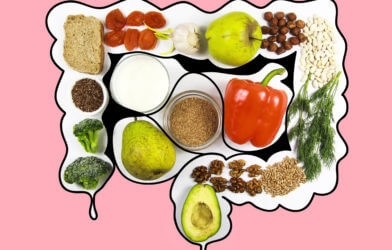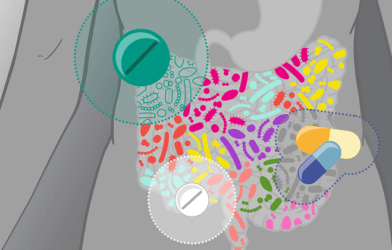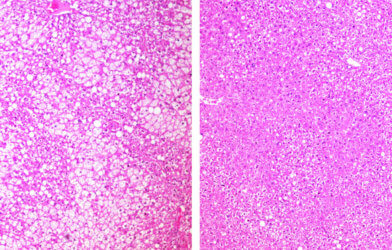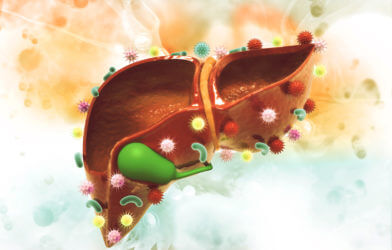
Disease Prevention


Digital health program Digbi now uses ethnicity, gender to personalize careFebruary 15, 2022

IBD caused by Western diet? Too much sugar, fat may spur onset of gastrointestinal diseasesFebruary 14, 2022

Doctors uncover new link between microbiome, inflammatory gut diseasesFebruary 11, 2022

How your diet influences gut wellness, which then plays key role in disease developmentFebruary 10, 2022

Gut microbes may be a vital link to understanding cancerFebruary 10, 2022

New cancer drug may boost metabolism, reduce inflammation, prevent weight gainFebruary 8, 2022

Daily cup of coffee can help protect your digestive systemFebruary 7, 2022

The importance of gut virome: How virus genomes can aid in disease treatmentsFebruary 3, 2022
